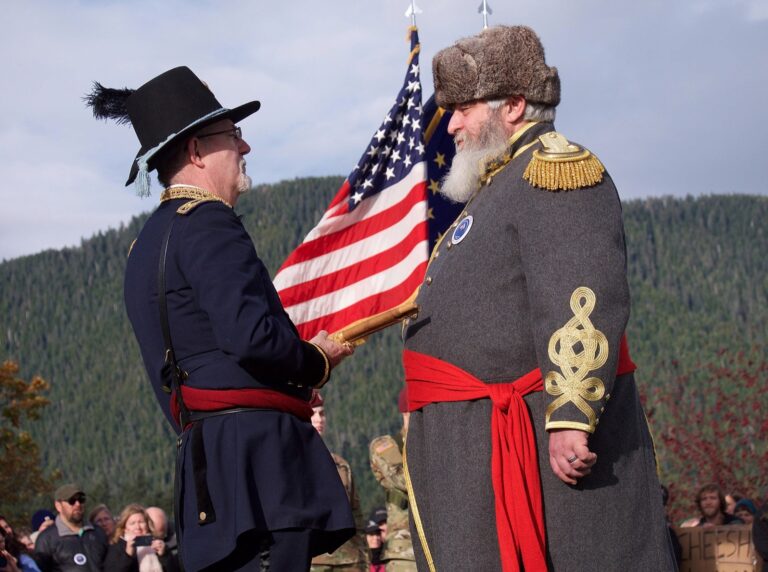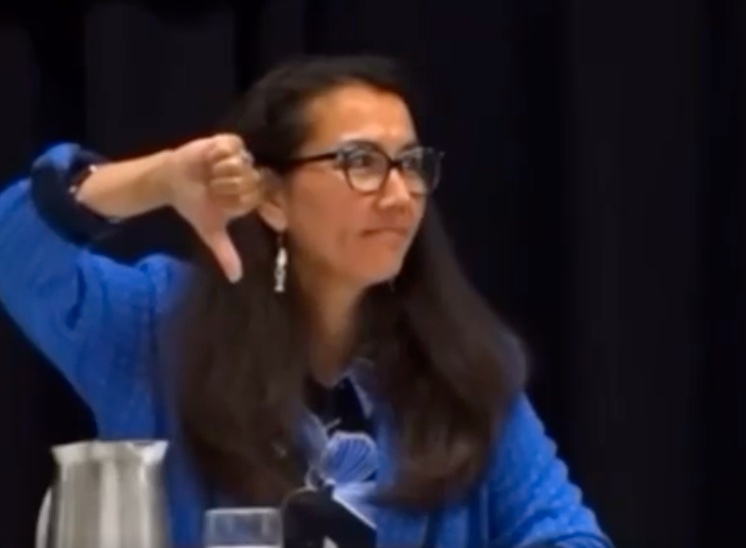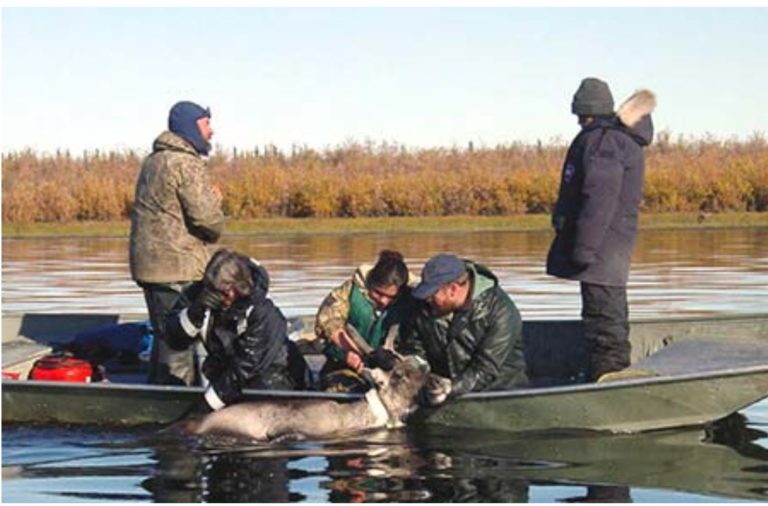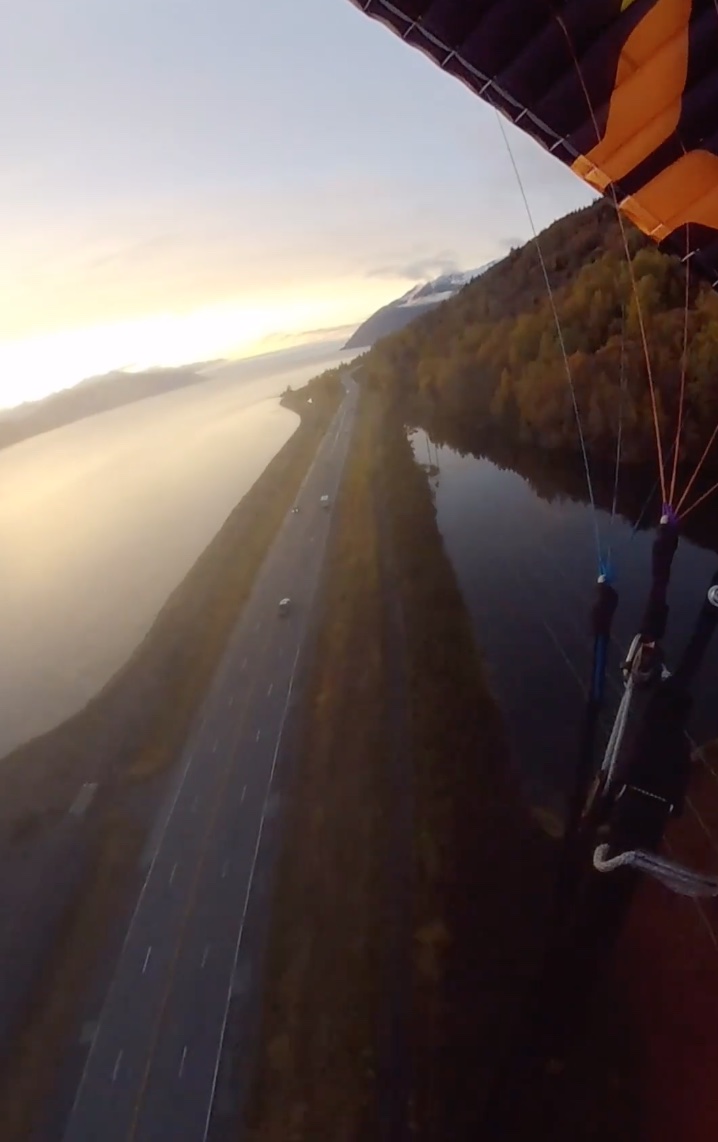By SPENCER PAULEY | THE CENTER SQUARE
King County voters may see a new climate levy lid lift on their ballots next year as county officials begin discussions to increase revenue to reduce climate impact efforts.
The new motion would request King County Executive Dow Constantine to develop funding options to generate $1 billion in funding over a six- or nine-year period. Funds would be used for greenhouse gas reduction efforts and response to climate impacts.
The motion requests that the executive’s proposal include a proposed property tax levy lid lift for voters to decide on in November 2024, as well as policy recommendations for how the money could be allocated among projects in areas including transportation, open space acquisition and response to climate impacts.
According to an estimate from the King County Office of Economic and Financial Analysis, a property tax levy would need an initial rate in 2025 of 11.5 cents per $1,000 assessed value in order to generate $1 billion over nine years, or an initial levy rate of 18.5 cents per $1,000 to generate $1 billion over six years.
Based on Redfin’s King County median home sale of $800,000, an average property owner could pay $92 per year if a nine-year levy is considered, or $148 per year if a six-year levy is considered.
The motion does note that a proposed levy might not be used to generate the full $1 billion.
The King County Executive’s Office signaled its excitement for the opportunity to create the potential proposals to generate $1 billion at Tuesday’s King County Transportation, Economy and Environment Committee meeting. The committee approved the motion, forwarding it to a full King County Council vote in the near future.
The executive would convene a work group to develop the funding proposal once approved by the county council. Furthermore, the work group would be tasked to create an analysis of additional funding sources that could be used for climate efforts, including, but not limited to revenues related to solid waste and wastewater, according to the motion.
As of 2019, which is the most recent year with reliable data, greenhouse gas emissions had increased by 11% over a 2007 baseline. The county’s strategic climate action plan developed climate goals of a 50% reduction in emissions by 2030 compared to the 2007 baseline.
The county’s most recent Strategic Climate Action Plan was adopted in 2020. For many of the priority actions identified in the plan, the document states that the county lacks the financial resources to take the action.
The county stated that it is difficult to quantify the exact amount of climate-related expenditures it currently undertakes. However, some notable climate-related expenditures made by King County in the 2024-2024 budget include: $180 million to purchase battery-electric buses and $43 million in zero-emissions infrastructure to ensure that King County Metro’s 1,400 coach bus fleet is zero emissions by 2035; $2.3 million to create a new Office of Climate within the county; and $28.5 million in capital investments to remove blockages to fish passage habitat.
The proposal would take the form of a report transmitted to the King County Council by April 30, 2024, as well as accompanying legislation. The last regular county council meeting to pass the ordinance with minimum processing time would be July 23, 2024.
If approved by the county council, a property tax proposal could be on voters’ Nov. 5, 2024 ballots.







